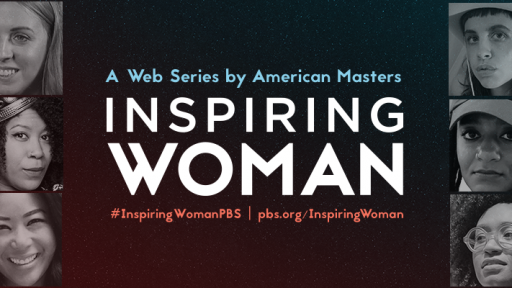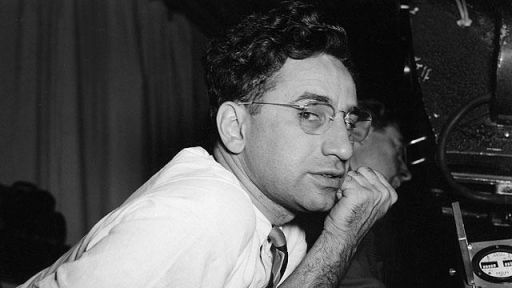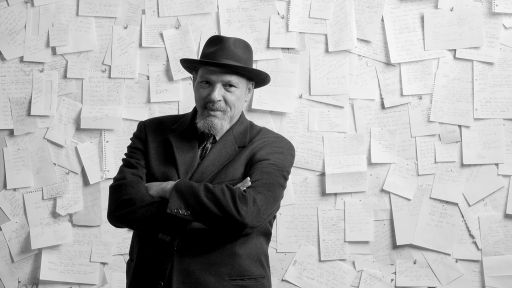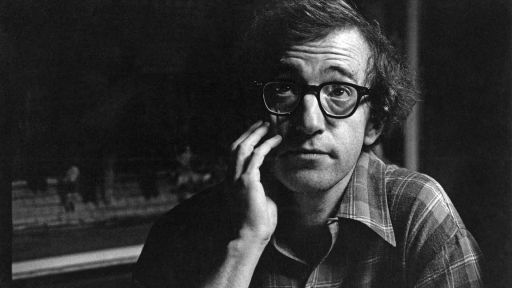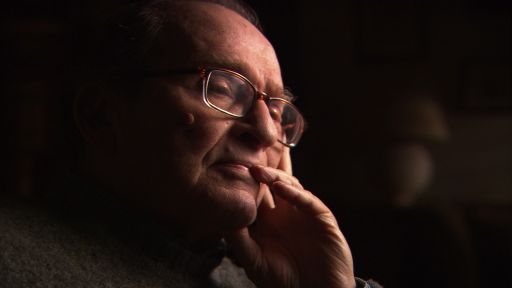Rita Moreno based her portrayal of Lydia on “One Day at a Time” off of her own mother. “She is my mom, that is my mom’s accent.”
Written Features
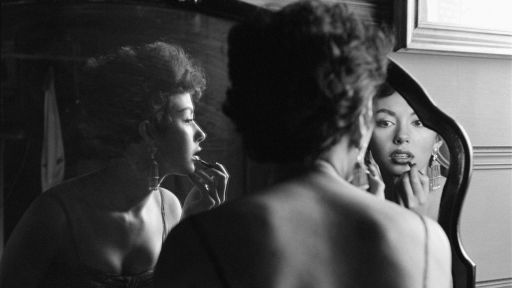
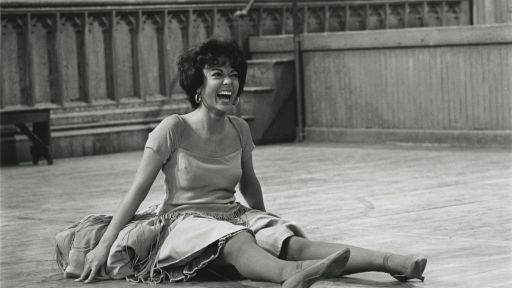
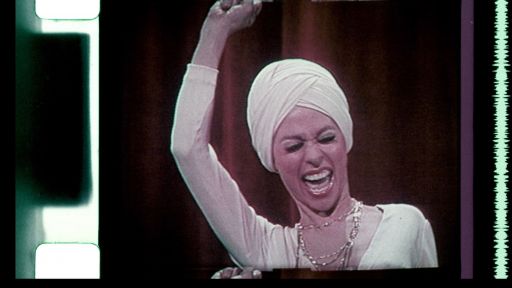
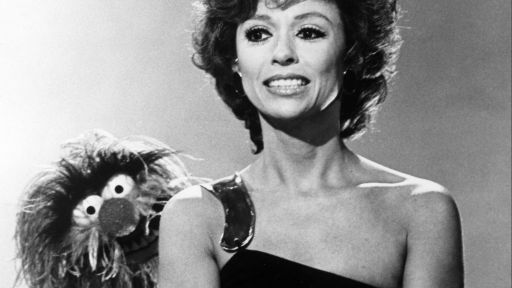
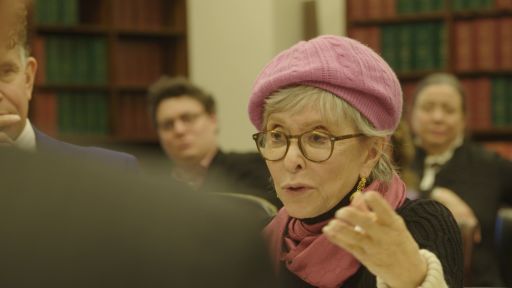
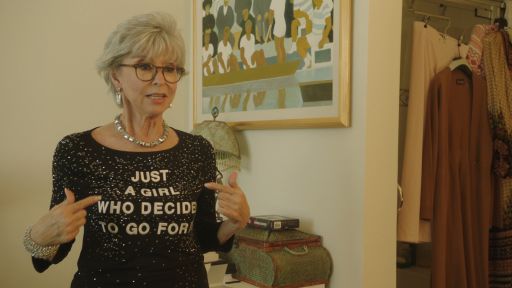
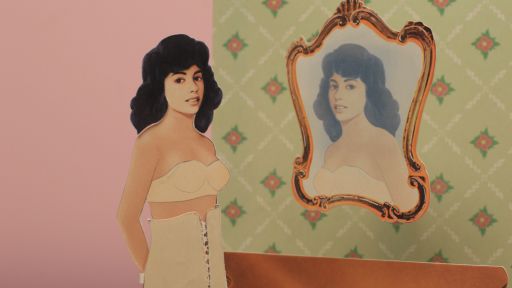

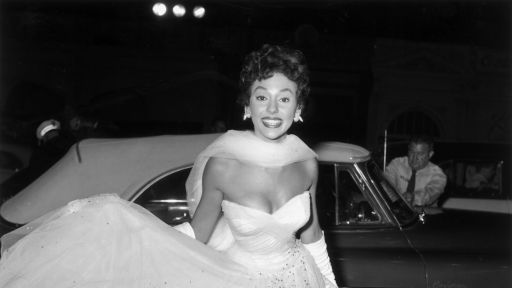
Video Features
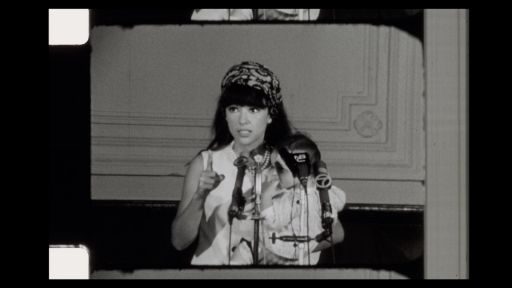
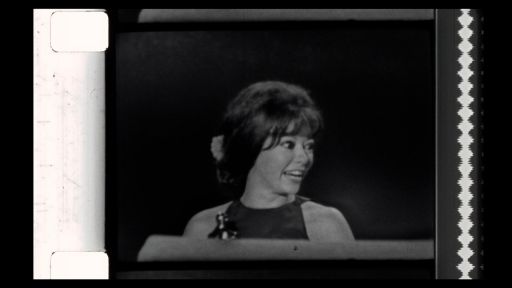
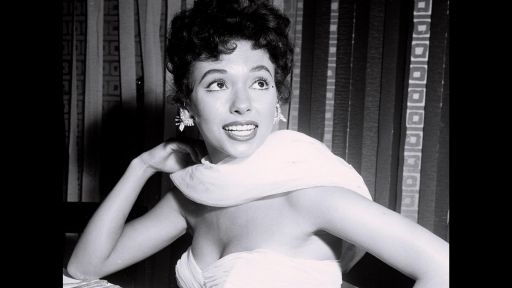
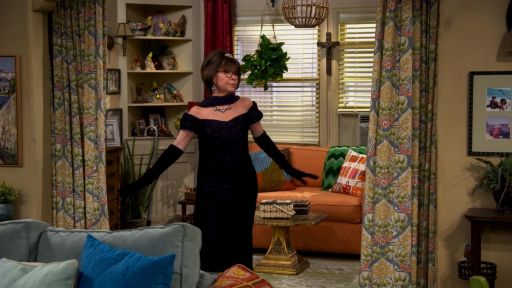
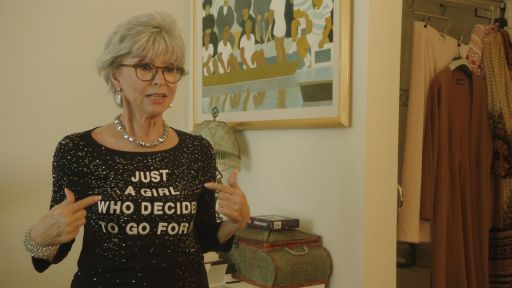
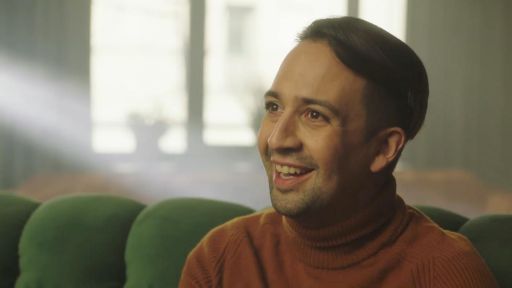
(knocking) - Come in.
- Hi, five minutes.
- Okay. I'm ready.
- Okay, perfect. Thank you.
- The role that I love the most that Rita's played?
Lydia.
- Oh.
(laughs) Oh my gosh.
- I love that character because you get every bit of her.
- Okay, here we go, guys.
(crowd cheering) - We were looking for a grandmother, the mother of a glorious actress, Justina Machado.
And there's only one Rita Moreno.
- Pobrecito, papito He was so sad because he asked Chloe out and she said no.
But what did I tell you?
I said, 'You keep trying.'
'Wear her down.'
(audience laughs) 'Don't take no for an answer.'
(audience laughs) - Lydia is my mom.
She is my mom.
That is my mom's accent.
But there's a big caveat here.
It's easy to fall into caricature with her because she's so big.
- It is never over.
- But I'm big.
I'm as big as you get.
I may be petite, but I am big.
That's me.
But you have to be so careful with a character like that.
- The stereotype comes from how others tell our story.
I'm interested in how we tell our story.
We're always-they're going to tell our story however they're going to tell it.
And that's what it is.
But when we tell our story, who are we choosing to put up on that screen?
I think that's another part of the conversation.
(salsa music)
You May Also Like
